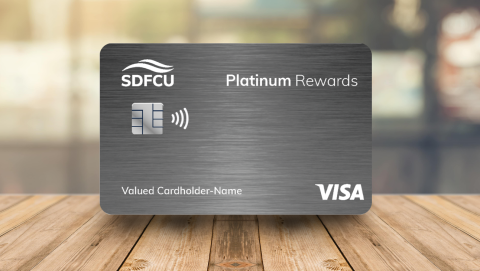A significant shift in the way we manage our money has happened all around us. Traditional cash transactions are gradually being replaced by the convenience of payment apps. With Venmo, Cash App, Zelle, or PayPal and a few taps on your smartphone, you can make payments, split bills, and even store your money digitally.
While the ease and efficiency of payment apps are undeniable, there are some hidden risks you should be aware of, especially when it comes to storing cash on these platforms.
Here are a few reasons why you should not store your money on payment apps and how it can pose risks to individuals of all ages.
1. Limited insurance protection
Unlike traditional banks and credit unions, payment apps are not typically insured by the Federal Deposit Insurance Corporation (FDIC) or the National Credit Union Administration (NCUA). This means that if the payment app goes bankrupt, gets involved in fraudulent activities, or faces any legal issues, your funds might not be protected. Credit unions and traditional banks, on the other hand, offer a level of insurance coverage that can safeguard your money.
2. Security concerns
Another primary reasons you should avoid storing cash on payment apps is security. While payment apps employ robust security measures, they are not immune to potential breaches and cyberattacks. Your financial information and funds can be at risk, as hackers constantly develop new ways to exploit vulnerabilities in these platforms.
Imagine losing your hard-earned money to a cybercriminal because you stored it in an app without proper security precautions. It's a risk no one should take, especially considering the variety of safer alternatives for keeping your money secure.
3. Transaction errors
Payment apps are designed to make transactions quick and convenient, but they are not infallible. Mistakes can happen, and if they do, they might not be as easily rectified as a mistake with a physical bank or a cash transaction. Technical glitches, software bugs, or even human error can lead to misdirected payments, which can result in delays and unnecessary stress.
4. Privacy concerns
When you use payment apps, you might inadvertently share more personal information than you realize. These apps often collect data on your spending habits, preferences, and even your location. The more data they have, the more targeted advertising you may receive. If you value your privacy, storing cash on these apps could compromise your personal information.
5. Limited accessibility
Payment apps require a smartphone or computer with internet access to use effectively. Not everyone has access to these resources, which means that some people may be excluded from the convenience of digital payment options. Storing all your cash in an app can leave you in a vulnerable position in case of emergencies or when you encounter situations where electronic payment isn't feasible.
While payment apps undoubtedly offer convenience and efficiency in managing your finances, it's crucial to be aware of the potential risks associated with storing your cash in these platforms. Security concerns, limited insurance coverage, transaction errors, privacy issues, and accessibility limitations are all valid reasons why you should exercise caution when using payment apps as a primary method of storing your money.
Read more of our collection of Learning Hub Security articles for tips on safeguarding your personal financial information and avoiding online fraud.









